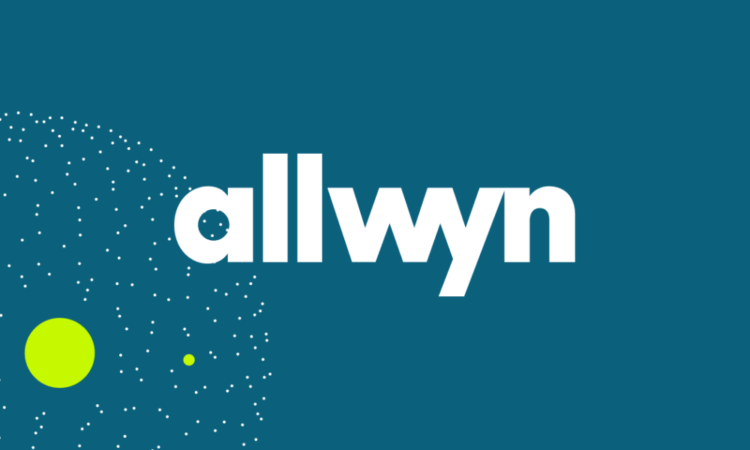Allwyn Group Announces Three-year Global Partnership with Wings for Life World Run – European Gaming Industry News

The Gambling Support Service (GSS) is delivered by Citizens Advice Scotland (CAS) in partnership with GambleAware.
The project delivers training to frontline workers, to help them recognise when people are at risk of, or experiencing, gambling harms. Training has been delivered to Citizens Advice Bureaux across Scotland, as well as local authority staff; services such as the police and paramedics; and debt advice, housing, and mental health charities.
GambleAware commissioned Kantar Public to conduct an independent evaluation to explore the experiences of those involved in the first two years of the project, and capture learnings from it.
The evaluation identified the progress made in building capacity among workforces across Scotland to identify and advise clients about harms related to gambling, with over 2000 professionals trained and a 97% satisfaction rate among trainees.
The evaluation found that stigma was both a personal and social barrier to seeking support. It identified some concerns and resistance among frontline workers concerning asking questions intended to identify gambling harm amongst their clients.
Advisors felt that the public understanding of the severity of gambling harm is limited, and stigma exists towards those experiencing gambling harm, which in turn reduces the numbers seeking advice.
To reduce hesitancy and increase confidence among frontline workers to ask questions designed to enable identification of harms resulting from gambling, the evaluation recommended:
- Producing clearer guidance for frontline workers explaining why gambling could be a problem for clients seeking assistance on a wide range of issues, and how to weave questions designed to identify harm into conversations.
- Exploring flexibility in the use of questions designed to identify harm, to encourage more natural conversations with clients about gambling harms and reduce stigma.
- Development of more thorough training designed to address the issue of perceived uncomfortable conversations about harms related to gambling.
Trainees reported feeling that GSS played a valuable role in improving client advice on and aiding the reduction of gambling harm across Scotland. Frontline workers were able to offer advice (such as helping clients download gambling website blocking apps), and signpost to relevant support organisations that were felt to be most suited to clients’ needs.
In 2022 GambleAware recommissioned the Gambling Support Service for a further three years, and Citizens Advice Scotland has actively engaged in embedding the learning from the evaluation, and exploring ways to reduce the barrier of stigma.
Anna Hargrave, Chief Commissioning Officer of GambleAware said: “This evaluation provides valuable insight into what can be improved in an already successful and impactful service.
“We know that discussions about gambling can be challenging and that training and the tools provided were key to preparing frontline workers to have conversations with clients about gambling.
“The production of clearer guidance and an increased flexibility around questions should help front-line workers in identifying harms, having sensitive client conversations and helping reduce stigma going forward.”
Derek Mitchell, Chief Executive of Citizens Advice Scotland, said: “The Scottish Citizens Advice network is proud to deliver this very important service, which has delivered real results by training over 2000 professionals on how to identify gambling related harms.
“It is very clear from the feedback we get that stigma is a major problem, and that is why it is so important for the CAB network that we do not judge anyone’s circumstances or background when seeking help, and believe it is vital people seek support as soon as possible.
“The earlier someone gets the support they need the faster they can deal with the problem, it really is as simple as that. The alternative is burying your head in the sand as problems grow and grow until they are overwhelming. People shouldn’t be embarrassed or worried about seeking help, it is the first step to solving their issues.”






